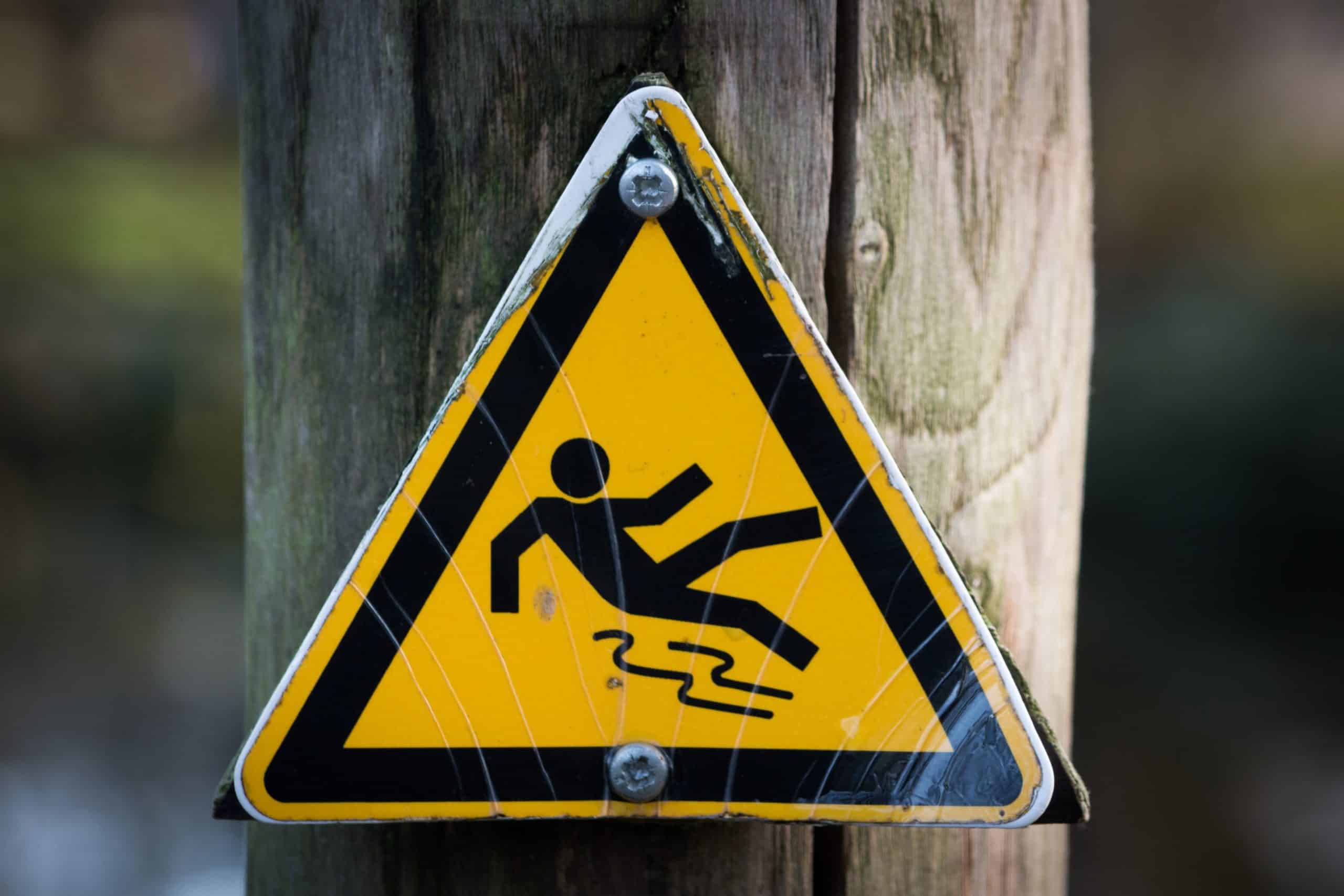The most common premises liability case is slipping and falling due to dangerous or hazardous conditions. Property occupiers, including property owners and tenants, have a legal duty to keep their property reasonably safe. If you were not warned and slipped and fell due to a dangerous condition, you might have a claim against the negligent owner.
This article looks at the importance of occupiers of public places having policies and procedures for the inspection and maintenance of their premises. We also look at two recent decisions of the Superior Court of Justice of Ontario where people claimed damages after slipping and falling. The outcomes differed because of the evidence on whether the occupier had an inspection procedure.
Occupiers have a duty to take care such that people are reasonably safe while on premises
Under the Occupier’s Liability Act (Act), an occupier has a duty to take such care as is reasonable to see that persons entering the premises are reasonably safe.
The mere presence of a hazard does not inevitably lead to the conclusion that the occupier has breached this duty – the standard of care is one of reasonableness. The occupier is liable if their conduct creates an unreasonable risk of harm. The measure of what is reasonable depends on the circumstances of each incident, including the likelihood of known foreseeable harm, the gravity of that harm, and the burden or cost incurred to prevent the injury.
Importance of having a procedure for inspecting and maintaining premises
When it comes to public places, courts have said that a central issue in determining whether occupiers are liable in a slip and fall claim is whether the occupier had in place reasonable policies and procedures for the inspection and maintenance of the premises and whether those policies and procedures were followed.
Concerning supermarkets, it has been observed that liability can be avoided if occupiers demonstrate:
(1) that they have “implemented reasonable policies and procedures of maintenance” in their stores, such as “regularly scheduled sweeps and inspections”; and (2) that “such policies and procedures were actually followed on the day in question.” The occupier may be able to refute a prima facie breach of the statute by showing that there was “routine compliance” with the reasonable scheme put in place for inspection, maintenance, cleanliness and safety.
Judge dismisses claim after finding that defendant had inspection and work order systems
We previously reported on the case of Martin v AGO et al., where the plaintiff slipped on a small amount of water and fell in the lobby of a courthouse.
The evidence showed that the occupiers of the building completed a floor inspection at least four times per day and also had a work order system to allow anyone to report a matter that required cleaning. They also placed mats inside each public entrance and used “wet floor” signs.
Justice Valente found that these measures were adequate in the circumstances of the particular courthouse. As a result, his Honour found that the occupiers met the standard of care required by the Act and dismissed the plaintiff’s claim.
Plaintiff slipped on greasy substance; defendant sprayed cleaner directly onto elevator door
In the very recent case of Braks v Dundeal Canada (GP) Inc., the plaintiff stepped off an elevator in an office tower, slipped on a clear greasy substance on the granite floor and fell. She claimed compensation for the serious injuries that she sustained.
The defendants’ building operator said the greasy substance was on the floor because the day porter had over sprayed. He stated that the porter should have applied the cleaner to the cloth instead of spraying directly onto the elevators. He also testified that the porter should have wiped it up, put a wet floor sign up, and possibly shut the elevator down.
Judge awards damages after finding defendants fell below the standard of care
Justice Ramsay found that the day porter’s spraying of the cleaning product directly onto the elevator doors resulted in excess cleaning product, a clear greasy substance, landing on the granite floor. This increased the slipperiness of the floor, creating a hazard to the plaintiff. The substance would have been difficult to see given the colour of the granite and cleaning product and sunlight reflecting off the marble.
Her Honour also noted that the office tower housed a number of businesses and was, therefore, a public place. Furthermore, the defendants did not lead any evidence at trial as to what reasonable policies and procedures for the inspection and maintenance of the premises were in place at the time and whether those policies and procedures were followed.
The building operator explained the best practices as to what the day porter should have done, including spraying the cleaning product on a cloth, wiping up any residue that landed on the floor and putting up wet floor signs. But the defendants did not lead any evidence that these steps were taken.
As a result, her Honour found that these steps were not taken and were satisfied that the defendants fell below the applicable standard of care under the Act. Her Honour also found that the plaintiff was using reasonable care for her own safety, so had not contributed to her own downfall.
Contact Tierney Stauffer LLP for Assistance with your Slip, Trip or Fall Injury Claim
If you are injured in a slip and fall accident, our personal injury lawyers believe in fighting for your rights. Slips, trips, and falls often mean a long and expensive road to recovery, and we aim to help those wronged by negligence obtain appropriate compensation. If you’ve suffered in this way and are looking to hold a commercial or residential property owner accountable, we can help. Contact Tierney Stauffer LLP at 1-888-799-8057 or reach out online to book a free consultation.


